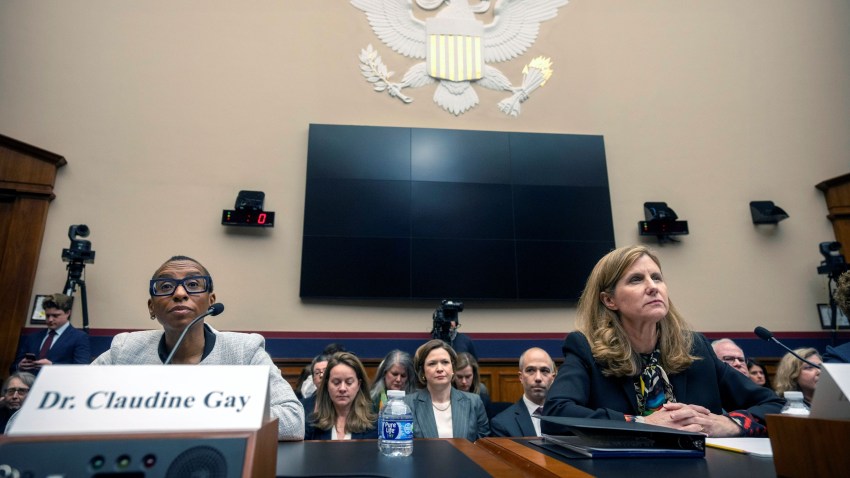Back in early December, the presidents of Harvard University, the Massachusetts Institute of Technology and the University of Pennsylvania testified before the U.S. Congress at a hearing investigating antisemitism on their campuses. The hearing was prompted by the series of protests and demonstrations that took place at those universities following Hamas’ Oct. 7 attack on Israel and the subsequent bombing and military operations by Israel in Gaza. While the campus demonstrations expressed a range of views, concerns were raised when protesters used speech that was not just supportive of the Palestinians, but which some have interpreted as calling for the elimination of Israel and even genocide against Jews around the world.
By now, many people in the U.S. but also abroad are aware of the complete debacle that unfolded after Rep. Elise Stefanik asked the three presidents if “calling for the genocide of Jews” would violate their university’s rules regarding conduct, bullying and harassment. All three failed to clearly say “yes,” instead engaging in tortured responses that were legally correct but politically flawed. Two of the presidents, Elizabeth Magill of Penn and Claudine Gay of Harvard, subsequently resigned, Magill amid the immediate firestorm of controversy following the hearings and Gay after accusations of plagiarism from her career as an academic surfaced in the weeks thereafter. The third, Sally Kornbluth of MIT, is coming under pressure as well.
I want to set aside whether Stefanik’s question was asked in good faith, whether the presidents could have given better answers and even whether they should have accepted the invitation to testify before the committee in the first place. Instead, I want to focus on the broader implications of the hearing and the subsequent resignations. And by “broader,” I mean their implications for international politics.

